Title: The Language of Illness
Author: Fergus Shanahan
Publisher: Liberties Press (2020)
Reviewer: Prof Brendan Kelly
The practice of medicine is a largely narrative endeavour. People come to doctors with a dizzying array of problems, symptoms, worries, and fears. Each person tells their story. We listen. We try to understand their narrative and see how it fits with the body of facts, ideas, techniques, and therapies that constitute modern medicine.
Does the patient’s story point towards a diagnosis, investigations or treatment? Does their account of their experiences accord with any likely pattern of illness? Can we re-tell their story in medical terms that will illuminate a path forward?
It is an extraordinary endeavour. Every day, we seek to match up two languages and co-create a shared narrative that both accounts for the patient’s story and ‘medicalises’ it sufficiently to bring the insights and possibilities of medicine to bear.
The common goal is to help the patient without compromising the lived humanity of their experience. The possibilities for both understanding and misunderstanding are vast. Language lies at the heart of how we communicate and miscommunicate during these extraordinary, every-day encounters.
The Language of Illness, a new book by Fergus Shanahan, looks at memoirs of illness and explores the lessons we can learn from a better understanding of the words we use to describe the experience and understanding of sickness and its treatment.
Shanahan looks at how language can act as a barrier with regard to illness and suggests practical ways to overcome these difficulties. His book is very suitable for the general reader, but has much to offer healthcare professionals too. It is well worth a read.
Shanahan is perfectly positioned to write on this theme. He is Emeritus Professor of Medicine at University College Cork and was Foundation Director of the Science Foundation Ireland-funded research centre APC Microbiome Ireland. He has published more than 550 scientific papers and numerous books. In 2013, Science Foundation Ireland named him as its Researcher of the Year.
In 2016, the Royal Irish Academy honoured him with a gold medal for contributions to the life sciences.
The Language of Illness is, as one would expect, clear, focused, and well-written. Shanahan’s theme is plainly an important one and he does it justice from the outset.
The book starts with the often-forgotten observation that while many patients are in crisis when they present for a consultation, such consultations are generally routine for doctors and other healthcare professionals.
This creates an immediate gap that needs to be recognised and navigated with care by both parties.
The effects of language and the words we use have added significance in the context of the patient’s crisis and so do the words that we do not speak, how we behave and the sometimes disempowering settings in which patient care occurs.
Shanahan explores all of this and much else: Social media, computers in consulting rooms, the significance of touch and – compellingly – the idea of “presence”.
To his enormous credit, Shanahan does not avoid the more difficult topics: Language at the end-of-life, the dangers of labels, and how certain terms can increase vulnerability. His discussion of the concept of “dignity” is especially interesting.
While much of the literature about dignity is unclear and unhelpful, the concept is still a valuable one, and, while dignity can be problematic to define, we feel its loss acutely when it is undermined.
I agree with Shanahan that the word has deep significance for patients and families. All told, The Language of Illness is an intensely interesting book filled with fascinating reflections on many aspects of medicine and medical practice. Literary references abound, combined with acute clinical insights and deep humanity.
Shanahan even includes a chapter about the language of plagues and pandemics, bringing the text right up to date. In the end, what can we learn from Shanahan’s book that will help us in the practice of medicine? You really need to read the book to appreciate the depth and breadth of Shanahan’s message.
The headline is that language not only matters, but matters deeply. The moment that any person steps into the consulting room, a process of intense communication begins. The exchange is both verbal and non-verbal but, as humans, we place a particular premium on language.
Words matter. Shanahan says we need to think about them more. He is right. We do. Communication is still one of medicine’s most powerful therapeutic tools. We should use it better. Shanahan tells us why and shows us how.
Brendan Kelly is Professor of Psychiatry at Trinity College Dublin and co-author, with Dr Muiris Houston, of Psychiatrist in the Chair: The Official Biography of Anthony Clare (Merrion Press, 2020)
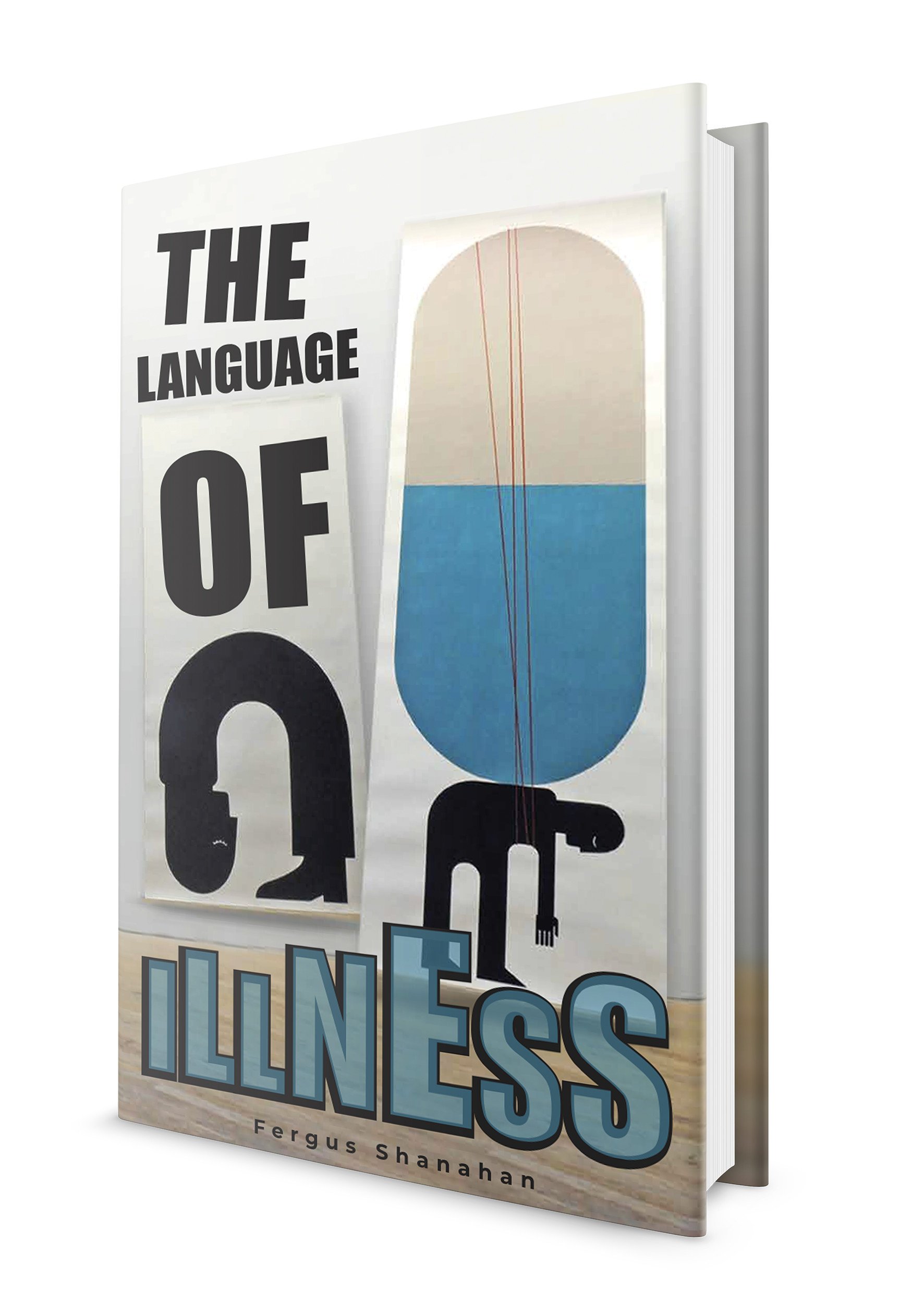
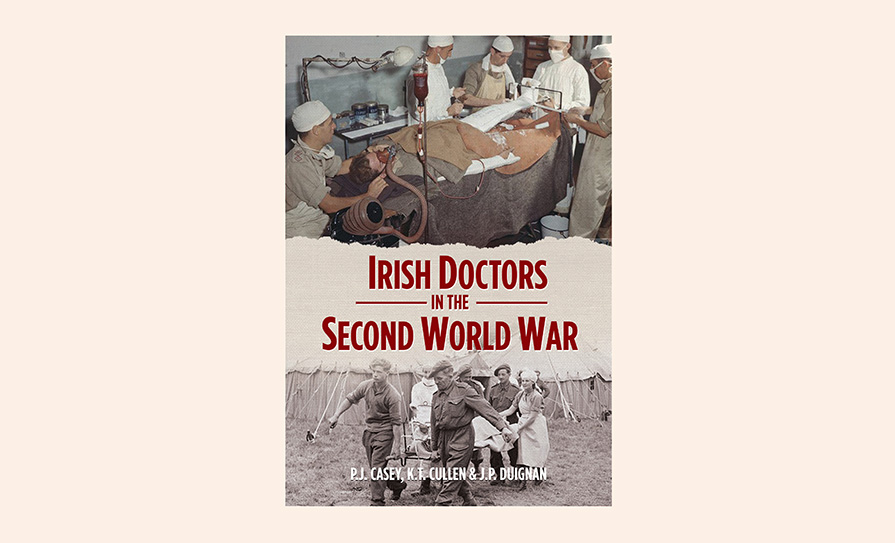



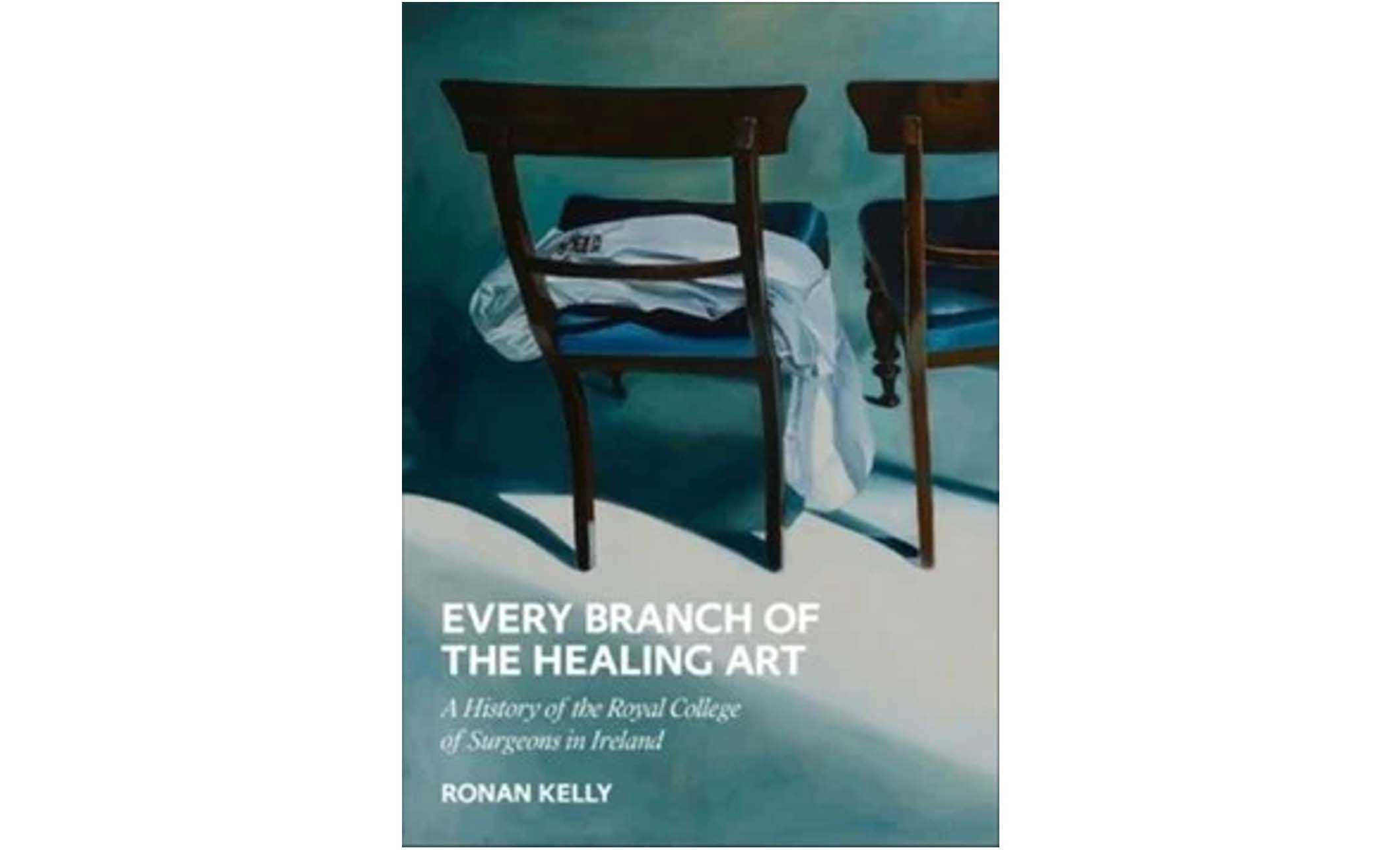

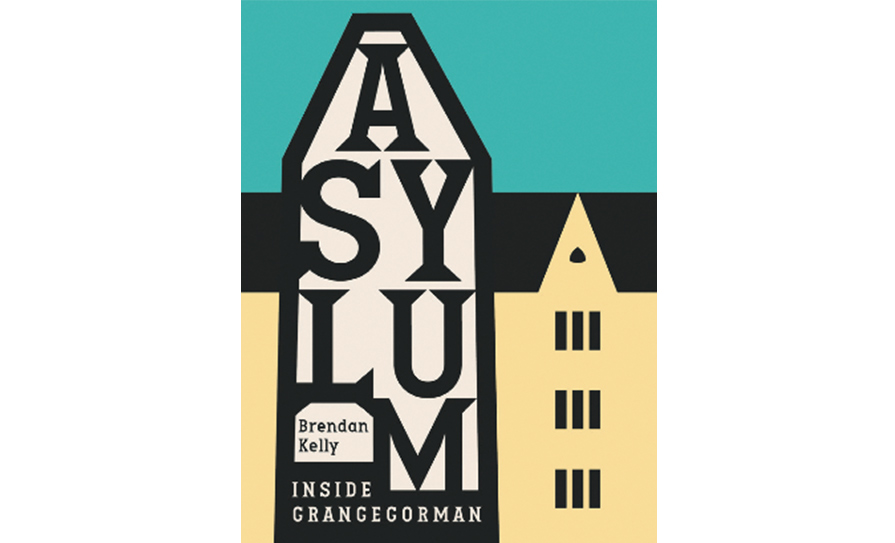
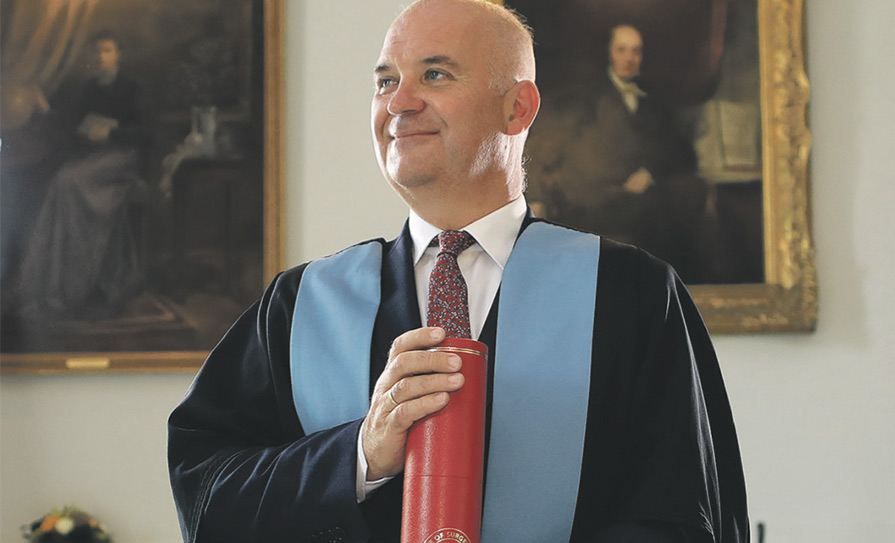




Leave a Reply
You must be logged in to post a comment.